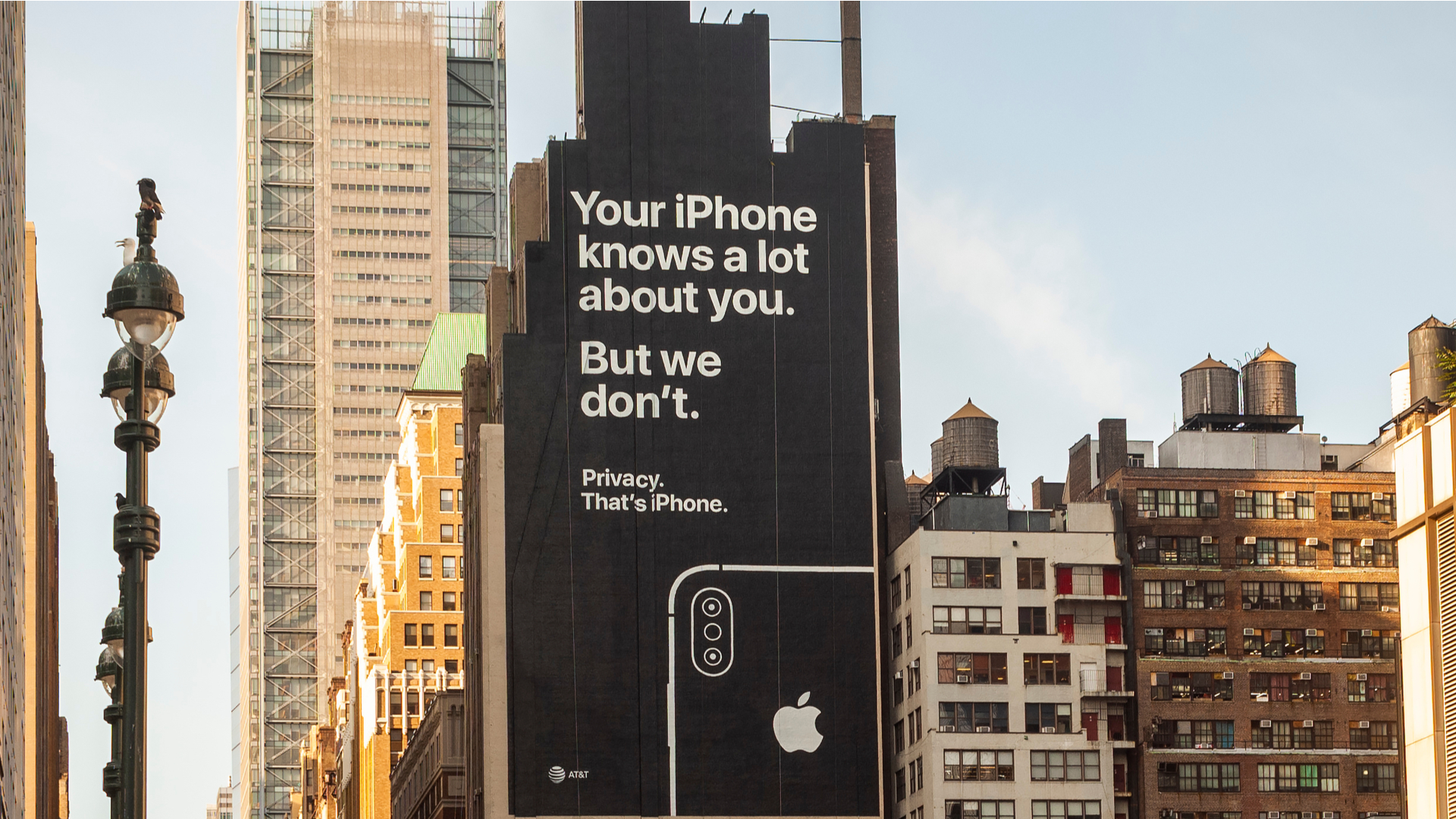Apple says it will reject government requests to use child sexual abuse image scanning for surveillance
The tech giant claims it has always "steadfastly refused" to work with agency requests that potentially erode privacy


Sign up today and you will receive a free copy of our Future Focus 2025 report - the leading guidance on AI, cybersecurity and other IT challenges as per 700+ senior executives
You are now subscribed
Your newsletter sign-up was successful
Apple has responded to the most pressing criticisms surrounding its decision to scan US iPhone photo libraries for known images of child sexual abuse material (CSAM), which was announced late last week.
The tech giant maintained that the technology would not scan user’s iCloud uploads for anything other than CSAM, and that it would reject governmental requests to "add non-CSAM images to the hash list".
In a FAQ response document, Apple said that its “CSAM detection capability is built solely to detect known CSAM images stored in iCloud Photos that have been identified by experts at NCMEC [National Center for Missing & Exploited Children] and other child safety groups”.
“We have faced demands to build and deploy government-mandated changes that degrade the privacy of users before, and have steadfastly refused those demands. We will continue to refuse them in the future. Let us be clear, this technology is limited to detecting CSAM stored in iCloud and we will not accede to any government’s request to expand it,” the tech giant stated.
The response comes following concerns that the technology could be exploited by governments to increase surveillance, with many pointing to examples of tech companies working with authoritarian governments. For example, Microsoft, Google, and Qualcomm have all accepted demands from the Chinese state for user information.
RELATED RESOURCE

Don’t just educate: Create cyber-safe behaviour
Designing effective security awareness and training programmes
Apple also has a history of working with government agencies in the US. In the first half of 2019, the tech giant had received a record-high 3,619 requests from the US government, seeking user account information to support law enforcement investigations. Reports show Apple complied with 90% of these requests.
However, by mid-2020, public sector cooperation had become less lucrative and faced higher public scrutiny, leading to tech giants such as IBM and Amazon cutting ties, at least temporarily, with the US law enforcement.
Sign up today and you will receive a free copy of our Future Focus 2025 report - the leading guidance on AI, cybersecurity and other IT challenges as per 700+ senior executives
On Monday, Apple maintained that, due to the hash technology used to identify the CSAM images, it will be impossible to carry out “targeted attacks against only specific individuals” in order to frame someone. The tech giant also added that it would conduct “human review before making a report to NCMEC”.
“In a case where the system flags photos that do not match known CSAM images, the account would not be disabled and no report would be filed to NCMEC,” it stated.
Having only graduated from City University in 2019, Sabina has already demonstrated her abilities as a keen writer and effective journalist. Currently a content writer for Drapers, Sabina spent a number of years writing for ITPro, specialising in networking and telecommunications, as well as charting the efforts of technology companies to improve their inclusion and diversity strategies, a topic close to her heart.
Sabina has also held a number of editorial roles at Harper's Bazaar, Cube Collective, and HighClouds.


